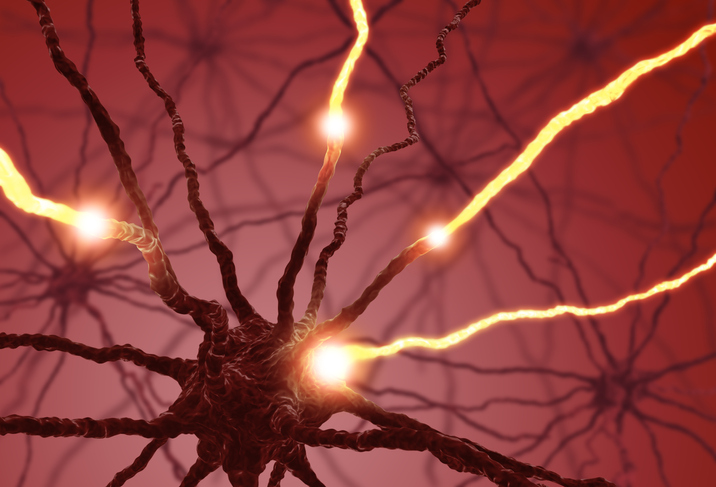Pain
Conventional Treatments for Chronic Inflammatory Demyelinating Polyneuropathy (CIDP)

What is chronic inflammatory demyelinating polyneuropathy?
Chronic inflammatory demyelinating polyneuropathy (CIDP) is a medical condition involving inflammation of the peripheral nerves (the nerves located outside the brain and spinal cord). The term “demyelinating” denotes damage to the myelin sheath, which is the fatty, protective covering that surrounds nerve fibers. This damage is thought to be caused by an abnormal immune response, so CIDP is considered an autoimmune disease. The term “polyneuropathy” signifies that many nerves in the body are affected.
Chronic inflammatory demyelinating polyneuropathy is also known as the chronic form of Guillain-Barré syndrome, which is an acute inflammatory disease of the peripheral nerves. Symptoms must be present for at least eight weeks in order for a CIDP diagnosis to be considered.
Treatment options
The goal of treatment for chronic inflammatory demyelinating polyneuropathy is to stop the autoimmune attack on the myelin sheath around the nerves. In mild cases of CIDP that are diagnosed and treated early, it is possible for the nerves to heal. In severe cases of CIDP that are diagnosed at a later stage, the nerves may be irreversibly damaged, so the goal of treatment is to reduce or slow the progression of symptoms.
Treatment options for chronic demyelinating polyneuropathy include, but are not limited to, the following:
- Corticosteroids — Because CIDP is an autoimmune disease, corticosteroids, such as prednisone, are one of the first recommended treatments. Corticosteroids reduce inflammation and help reduce CIDP symptoms.
- Immunosuppressant medications — Immunosuppressant medications also slow or stop the autoimmune attack on the myelin. Immunosuppressants are often used in combination with corticosteroids.
- Plasmapheresis (plasma exchange) — This medical procedure separates blood plasma from blood cells — a procedure similar to dialysis. Separating blood plasma from blood cells removes antibodies that may be attacking the immune system. The removed plasma is replaced with “good” plasma or a plasma substitute.
- Intravenous immune globulin (IVIg) — As opposed to plasmapheresis, which removes problematic antibodies, IVIg adds large numbers of antibodies to the blood plasma. This reduces the effect of the problematic antibodies.
- Medications to reduce pain — Nerve pain caused by CIDP can be treated with anti-seizure medications, antidepressants or pain medications.
Treatment for chronic inflammatory demyelinating polyneuropathy depends on the severity of symptoms and the degree to which the symptoms affect daily life.














